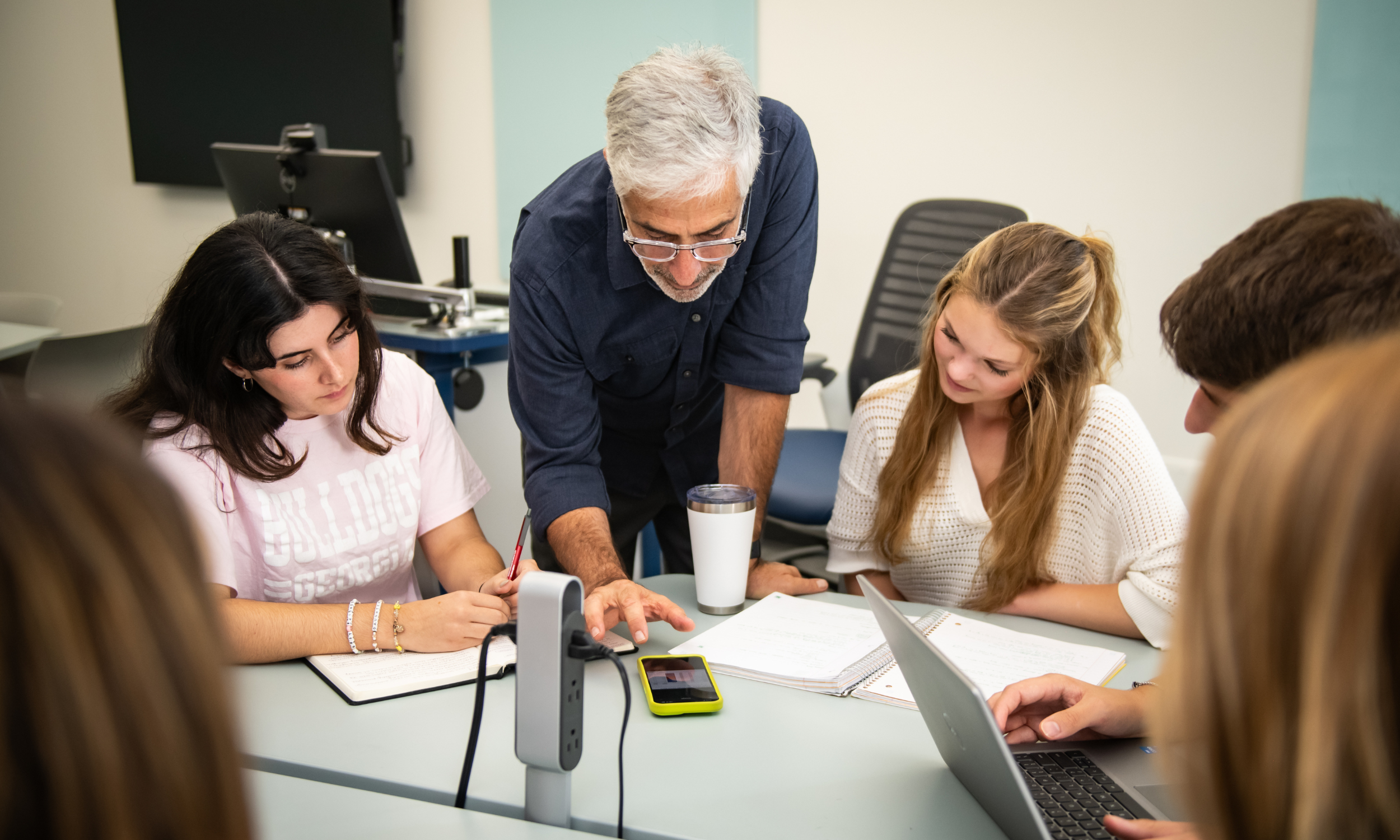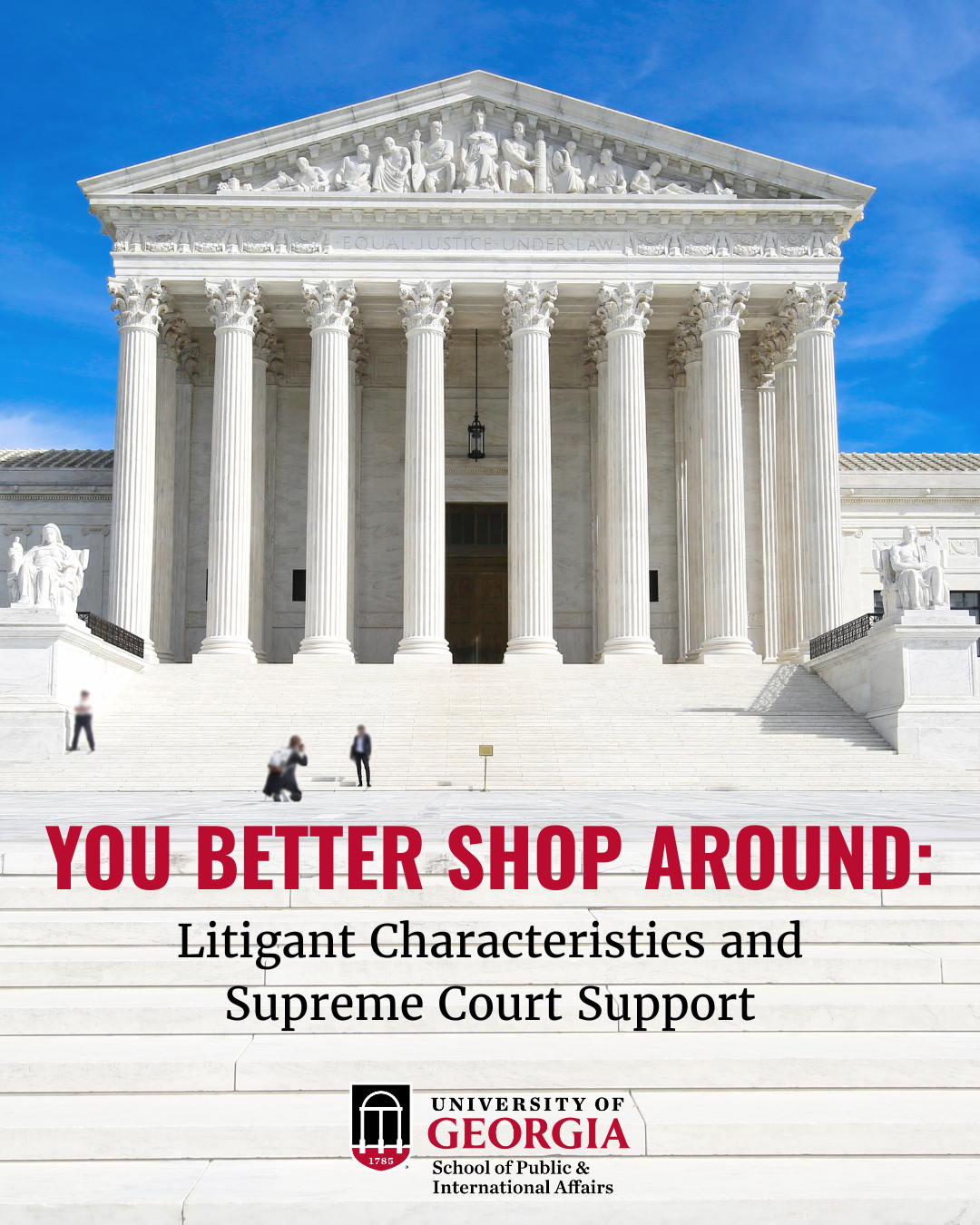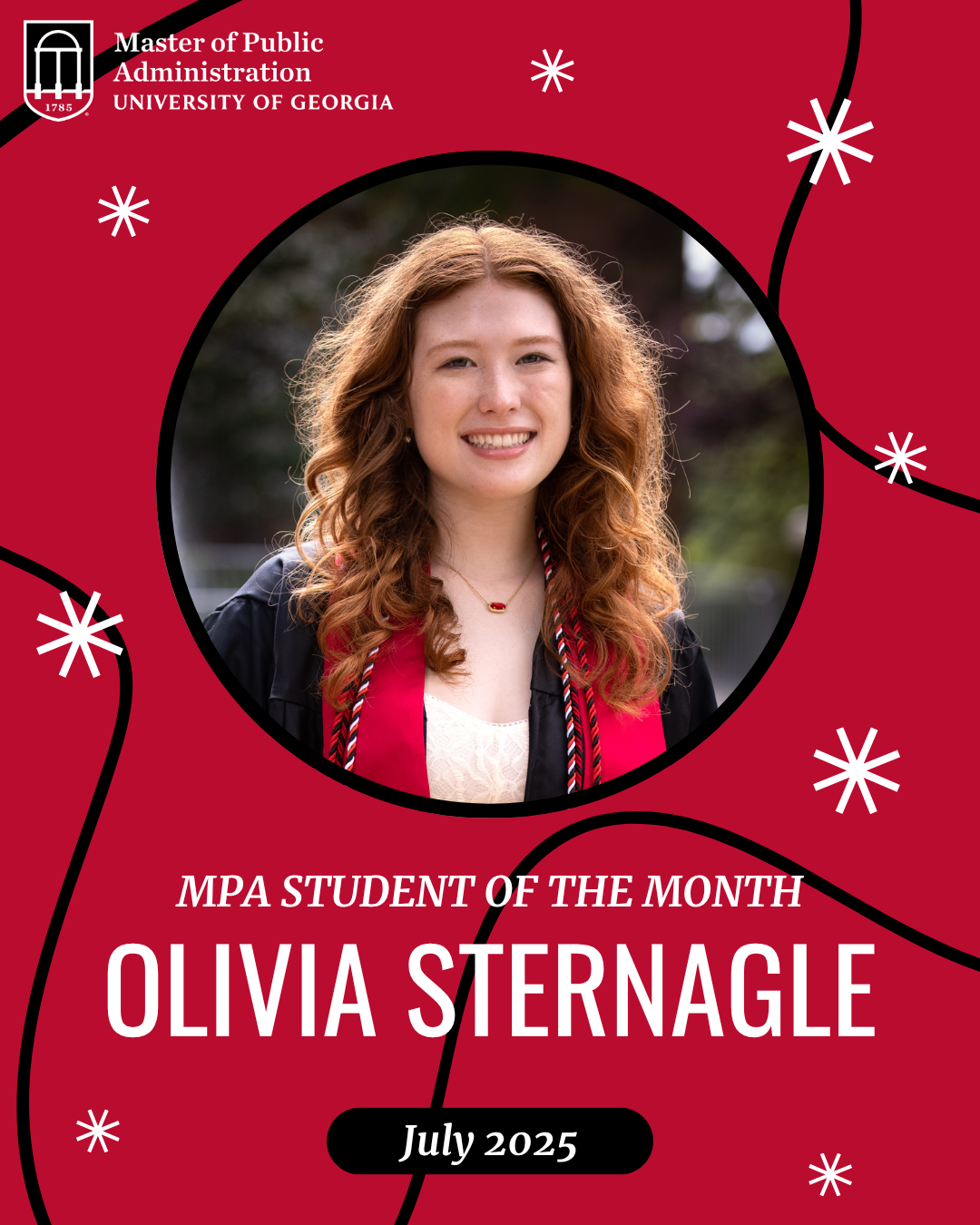
By Megan Gerken
On Friday, September 17, 2021, the American Founding Group and the School of Public and International Affairs hosted a celebration of Constitution Day.
Constitution Day is the annual commemoration of the day that representatives to the Constitutional Convention in Philadelphia completed and signed the U.S. Constitution in 1787. The observance of this day began as “I am an American Day” in 1940 and later as Citizenship Day in 1952 when the celebration was moved to September 17 to commemorate the signing of the original document. Constitution Day as we observe it today was recognized as a federal holiday in 2004, when Senator Robert Byrd proposed a provision designating September 17 as the day for citizens to commemorate the signing of the U.S. Constitution and to thoughtfully engage with the nation’s founding document.
The centerpiece of this year’s Constitution Day at UGA event was a virtual lecture entitled “On Juneteenth: History, Memory, the Present and the Future” by Annette Gordon-Reed, Carl M. Loeb University Professor at Harvard University and Pulitzer Prize-winning author of The Hemingses of Monticello and On Juneteenth.
Professor Gordon-Reed delivered 30 minutes of remarks about the newly-proclaimed federal holiday, Juneteenth, explaining its significance, its history, and its future.
In 1865, U.S. Army General Gordon Granger came to Galveston, Texas to issue General Order No. 3 announcing slavery was over. Since then, June 19 has been a day for reflection and celebration for many Americans. Eventually, the day became known as Emancipation Day, later adopting the name Juneteenth, and has been a long-honored tradition in Texas.
“Some people see Juneteenth as the end of slavery in the United States. It was not. The total, legal end of slavery in the United States — that happened with the ratification of the 13th Amendment in December of 1865. That ended legal slavery, but what ends in Texas is the military effort to maintain the institution of slavery,” Gordon-Reed explained.
While it didn’t end legal slavery in our country, Juneteenth serves as an important milestone in our history as it laid the foundation for the idea of equality for all, rather than a few. “This notion of absolute equality suggested how society would proceed from that moment on, or should proceed,” Gordon-Reed said. Though she also recognizes “that didn’t happen immediately. It’s something we’re still fighting about today”. However, that day in 1865 began the movement toward embodying “the spirit of the Emancipation Proclamation.”
Gordon-Reed shared a personal story of finding her great-great grandfather’s name on a voter registration list, explaining the meaning of this moment for her family. For her family, Juneteenth signifies the time when “the Constitution protected them in a way it had not done before.” Juneteenth’s true significance is that it marked the beginning of how our society would reshape what it meant to be a citizen. It was the moment when all men “started the journey towards citizenship.”
Looking forward, Gordon-Reed is hopeful that Juneteenth will become a more family-oriented holiday where citizens can share stories and spend time being able to reflect on their family history. She concluded the lecture by encouraging the audience to learn about more than just the public things that were happening and explore more into our family members’ personal stories during those important moments in history.
Annette Gordon-Reed is the Carl M. Loeb University Professor at Harvard. Gordon-Reed won sixteen book prizes, including the Pulitzer Prize in History in 2009 and the National Book Award in 2008, for The Hemingses of Monticello: An American Family. Her most recent book is On Juneteenth, a memoir and history of Texas.
Thank you to the following sponsors for their generous support of Constitution Day: Jack Miller Center, Gable Fund of the UGA History Department, UGA Provost Office, UGA Willson Center for Humanities and Arts, UGA President’s Venture Fund, UGA Office of Institutional Diversity, and the UGA School of Law
To learn more about Constitution Day, visit spia.uga.edu/constitution-day.









